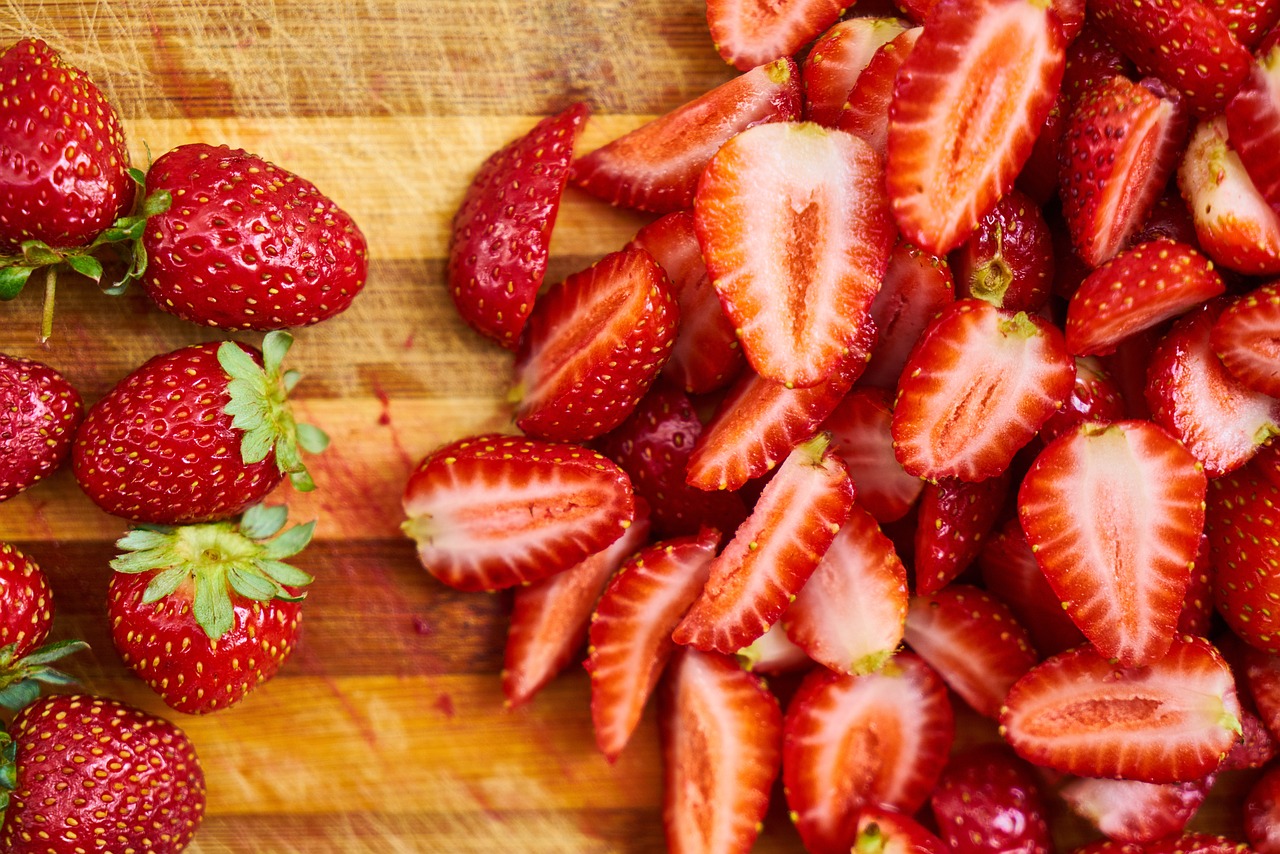3 Mistakes When Trying a Low-Calorie Diet
You have just hopped down from the scale and, unsatisfied with your results, are ready to start dieting and change your life for the better. You have eliminated sweets from your day-to-day diet, started drinking coffee without sugar, and taking regular visits to the grocery store to stack up on your provisions of legumes, fruits, and other healthy fruits. A month passes and, bafflingly enough, the weight loss is barely noticeable or you have not slimmed down a bit.
Many people, in the hopes of reducing their weight, start following diets without any prior knowledge or research. Diets, like everything in life, have to be adapted to the individual’s particular needs. Methods that work for other people will not necessarily yield a positive result for you. Without further ado, here are three mistakes that many people make when trying a low-calorie diet.
Being Too Strict and Setting Impossible Goals
Many people start dieting with the mentality: ‘’If I am doing this, I want to do this right from the start’’. As a result, they either starve themselves all day or choose the strictest diet plan that they can find online. And after counting the calories, they realize that they have made no discernible progress.
While that might work for a select few people, the reality is that, after years and years of overindulging yourself, you have to ease both your mind and body into dieting. This involves taking a steady, methodical approach. Start by slowly cutting down your intake of food and carefully portioning the plates. Ideally, a regular meal should be split into a combination of non-starchy vegetables and fruits, and sources of carbs like whole grains and lean protein. Additionally, you should also consume a tablespoon of healthy fat.
As a beginner, it is best you focus on this meal format instead of continuously counting the calories and discouraging yourself. After a few months, you will be ready to switch to other meal plans.
As for the goal-setting aspect, make sure to purse smaller objectives that are easier to accomplish. Instead of swearing you will have a six-pack until summer, try losing four kilograms in two months. This will give you a big confidence boost and, along with it, the ability and courage to increase your goal.
As a side note, in conjunction with the tips presented above, you could also consider trying the best golo diet plan. If you want to lose weight in a timely fashion, lose belly fat, and obtain a toned body in the process, this particular diet plan is also a good approach to achieving your goal.

Avoiding all Fats, Even the Healthy Ones
It is true that from a mathematical standpoint, fats have more calories than others. A single gram of fat has nine calories, while the same amount of protein and carbs pack four calories.
But totally avoiding them will not only wear you down psychologically and put you off dieting, but it is counterproductive. A diet that contains moderate amounts of healthy fats can reduce the risk of heart disease, and make your body crave carbs. Moreover, a steady intake of fats will trigger the brain signals that handle satiety, preventing you from overeating and helping you lose weight over time.
The list of healthy fats is as diverse as it is beneficial to the body. It includes, in no particular order:
- Nuts
- Chia Seeds
- Dark Chocolate
- Avocados
- Whole Eggs
- Fatty fish
- Extra Virgin Olive Oil
- Coconuts and Coconut Oil
- Full Fat Yogurt
Not Eating Enough Fiber and Protein
Finally, this is one of the most common mistakes many rookie dieters make. If you want to lose weight, having an appropriate intake of protein is essential. First, proteins can reduce appetite, providing the body with a sensation of satiety. Moreover, this substance will also reduce calorie intake while protecting the muscles against damage associated with weight loss by increasing the rate at which the metabolism operates.
Another thing that many people neglect is consuming the appropriate amounts of fiber. Studies have demonstrated that a particular type of fiber called viscous fiber, reduces the appetite by holding the water with a gel that it creates naturally. In fact, the truth is, that all types will aid you in losing weight in a timely fashion. The reason for this is that, when consuming a meal high in fiber, calories coming from mixed meals are absorbed more quickly and efficiently.
Final Thoughts
We have all followed one type of diet or another and quit after a few weeks, and it is only human. The purpose of diets is not only to lose weight but to pursue a healthier, more balanced life and stick with it in the long term. To do this, it is important to avoid making the same common mistakes like setting unrealistic goals, avoiding healthy fats, and not consuming enough fiber and protein. Follow the tips listed above and you will have an easier time sticking to a diet and achieving results.













Post Comment